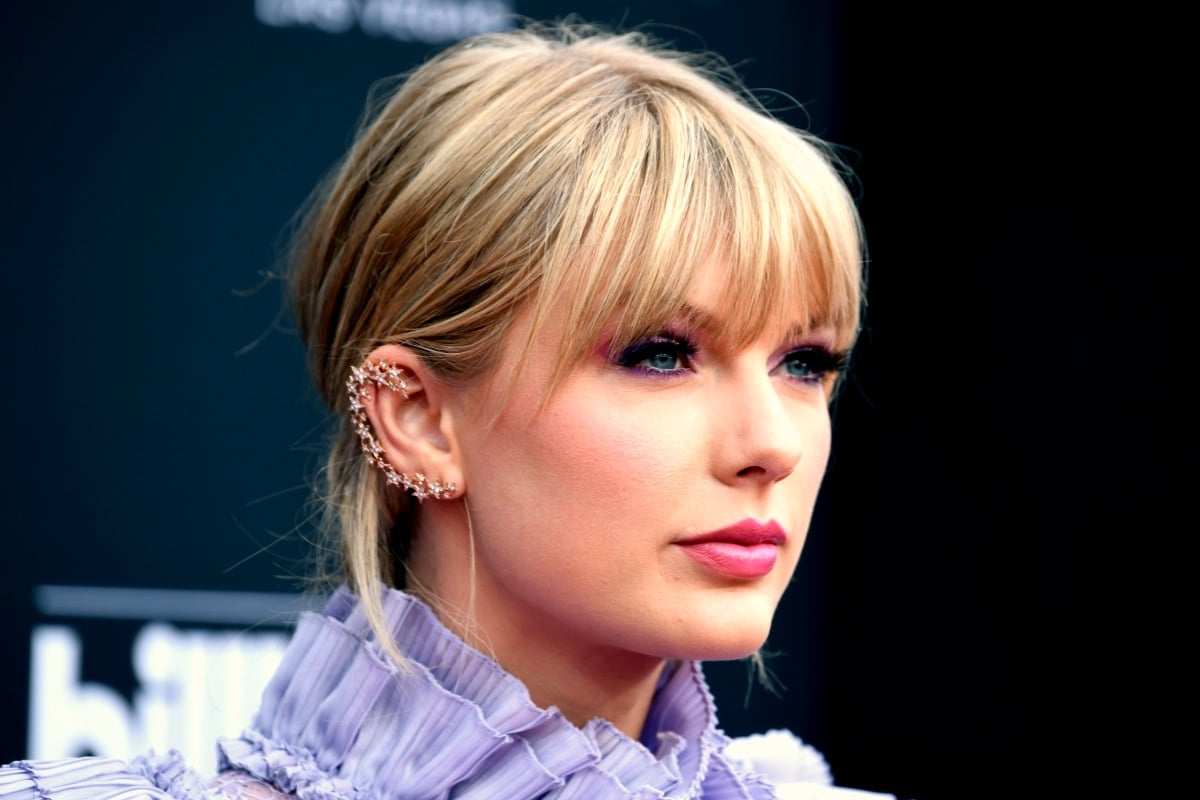
Taylor Swift would like to know if you want her dead.
In all honesty, it’s a fair question for the 29-year-old musician to ask, given the fact that she has often been placed at the centre of cancel culture, a social media motivated movement that seeks to both erase and shame the wrongdoing celebrity in equal measure, with no foreseeable end to the vendetta in sight.
Swift has now snagged the coveted prime position in Vogue’s September issue, both appearing on the cover of the magazine and subjecting herself to the scrutiny of a lengthy profile piece by journalist Abby Aguirre.
The very act of allowing herself to be placed under the sometimes unforgiving glare of a profile piece, even in a publication as illustrious as Vogue, speaks volumes to the true price she now has to pay thanks to the growing public hatred against her.
The Spill is Mamamia’s daily entertainment and pop culture podcast. In this episode hosts Laura Brodnik and Kee Reece dissect the meaning behind Taylor Swift’s new Vogue cover story.
It has become a trend for a certain calibre of celebrity to flex their muscles by declining to do interviews and in turn, removing the opportunity for journalists to press too hard against the fragile web of personal branding they have carefully spun around themselves.
Beyonce did it with Vogue in 2018, agreeing to be on their cover under the caveat that the accompanying words inside be all her own. Angelina Jolie recently pulled the same trick with W Magazine, penning an essay in lieu of being asked any out-of-the-box questions.






























































































